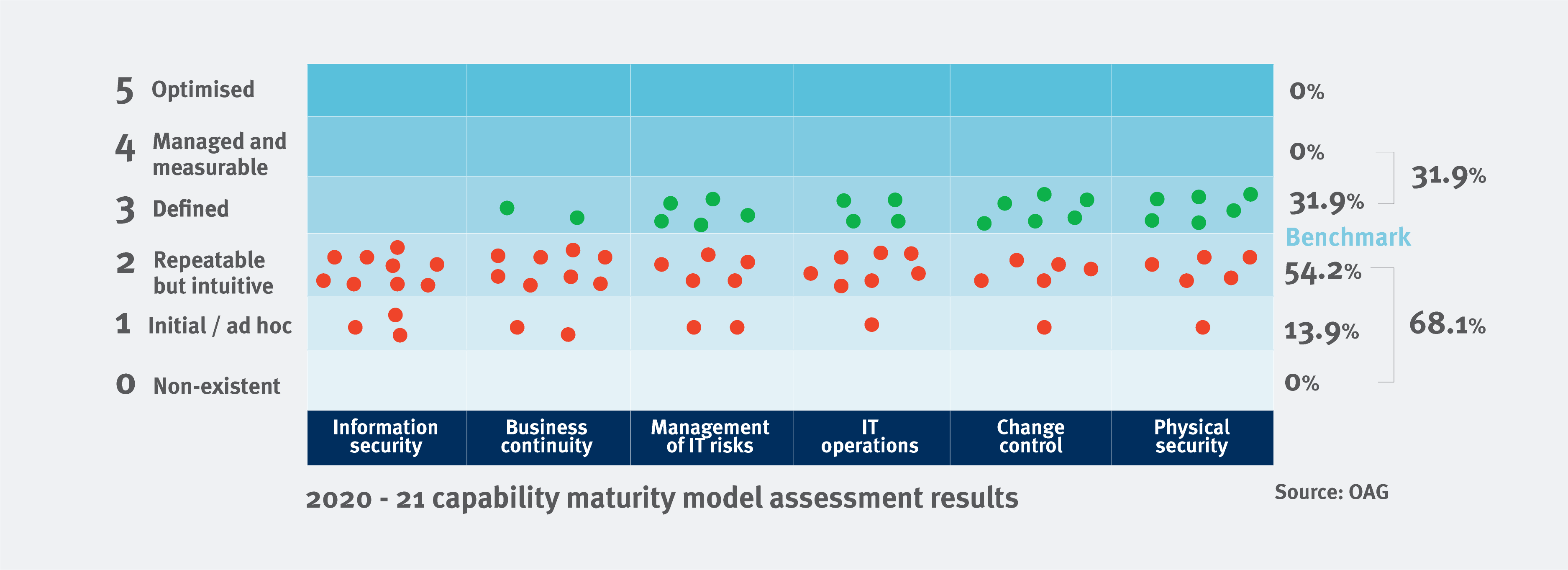Where we’ve been
Over 120 people attended the CEO Breakfast or Local Government Risk Forum on Tuesday 6 September 2022, at Crown Perth.
Representatives from across the state — from Port Hedland to Esperance and everywhere in between joined together to network and explore current risk issues for the sector.







